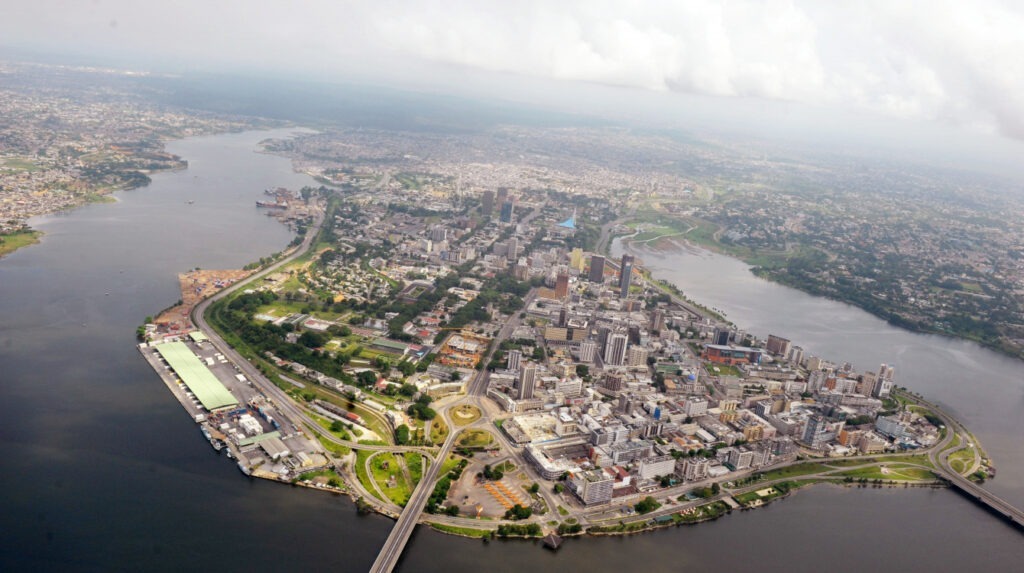Ivory Coast receives $15 million in carbon credits

Ivory Coast has cemented its place as a continental leader in climate action, receiving a second payment of $15 million (approximately 8.57 billion CFA francs) in carbon credits from the World Bank under the Forest Carbon Partnership Facility (FCPF).
This brings its total earnings from carbon reduction efforts to $50 million, making it the first African nation—and only the second in the world after Vietnam—to fulfill a performance-based carbon finance agreement under the Carbon Fund.
The announcement was made by the Ivorian Minister of the Environment, Sustainable Development and Ecological Transition, Jacques Assahoré Konan, during a press conference held on June 17, 2025.
“Our country has just received the second payment of 15 million dollars (8 billion 571 million 712,900 CFA francs) from the World Bank (WB) as part of the doubled carbon contract with the World Bank’s Forest Carbon Partnership Fund,” said Mr. Assahoré.
The payment corresponds to verified reductions of three million tonnes of carbon dioxide between 2022 and 2023, fulfilling the contract’s target of 10 million tonnes of CO₂ equivalent.
Moreover, thanks to agroforestry and conservation reforestation near Taï National Park, Ivory Coast has reduced an additional 10 million tonnes—surpassing the original goal and unlocking future potential in the global carbon market.
The carbon market operates by rewarding verified reductions in CO₂ emissions. Institutions like the World Bank purchase these credits to encourage sustainable development and climate mitigation.
In Ivory Coast, local farmers and communities play a central role through agroforestry, forest monitoring, and climate-resilient farming. Their verified contributions have been monetized, with more than 30,000 beneficiaries already receiving payments via mobile money or bank transfers.
A second call for participants who contributed to emissions reductions from 2022 to 2024 will be launched in July.
To qualify, participants must provide valid identification and have a mobile money account for secure, traceable transactions.
Since joining the REDD+ initiative in 2011, Ivory Coast has worked to reverse decades of deforestation.
Once home to vast tropical forests, the country has lost nearly 80% of its forest cover.
The ongoing Emission Reduction Payment Project (PRE), focused on five southwestern regions, aims to restore 300,000 hectares through sustainable cocoa cultivation, reforestation, and improved farming practices.
“The PRE allows Ivory Coast to strengthen agroforestry and grow cocoa in forested areas, its traditional zone,” said Marie-Chantal Uwanyiligira, the World Bank’s Country Director for Ivory Coast.
The initiative, backed by a $50 million performance-based contract, is part of a broader effort to align climate, economic, and community goals—positioning Ivory Coast as a model for other nations navigating the complexities of sustainable development in the face of climate change.
About The Author
dailymailafric
I am an avid African news observer, and an active member of Daily Mail Africa.
I’m Passionate about staying informed on diverse topics across the continent,
I actively contribute to publishing on political, economic and cultural developments in Africa.



